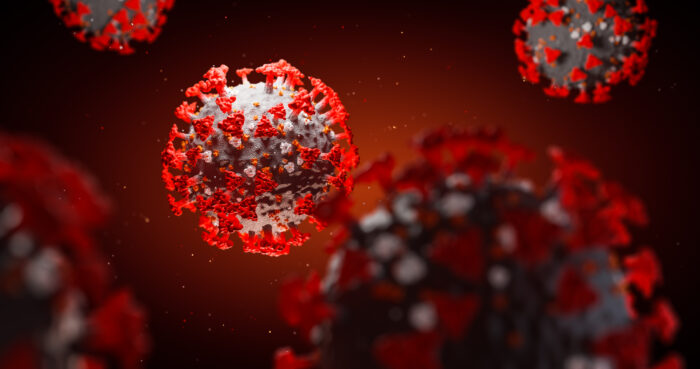
As coronavirus variants continue to fuel the ongoing pandemic, Gritstone bio is pressing ahead with its second-generation Covid-19 vaccine, now with financing from the Coalition for Epidemic Preparedness Innovations (CEPI) to support additional clinical trials.
Gritstone has reached an agreement with CEPI for up to $20.6 million in funding to bring its vaccine into a Phase 1 test, initially in South Africa. Combined with the biotech’s own Phase 1 tests, the company said it has four candidates being evaluated for vaccination of the young, the elderly, those previously vaccinated, and patients who are immunocompromised. If the Gritstone vaccine works in the South African study, it would be made available globally through the World Health Organization’s COVAX initiative.
Emeryville, California-based Gritstone calls its second-generation Covid vaccine program CORAL. Like the first generation of Covid vaccines, Gritstone’s candidates are delivering the spike protein to trigger an immune response. But the biotech’s vaccines are also delivering other parts of an antigen that are “conserved,” meaning that they don’t change much as the virus mutates. A vaccine that addresses conserved regions of a virus makes it more likely to retain efficacy even as the virus changes.
The CORAL vaccines are delivered to cells by a chimpanzee adenovirus, self-amplifying messenger RNA, or both. Self-amplifying mRNA (SAM) is comprised of RNA that encodes the target antigens, plus RNA polymerase, which is an enzyme that copies a DNA sequence into an RNA sequence during the transcription process. The Gritstone vaccine is given as an intramuscular injection. The company says in its regulatory filings that after the vaccine is taken up by a patient’s cells, the RNA is translated into protein and the RNA polymerase starts to replicate the RNA from the injection, which amplifies the copies of RNA in the cells. Consequently, large amounts of target antigens are produced. Gritstone says that unlike mRNA vaccines, its SAM vaccines produce large quantities of antigen that in turn drive strong T cell responses.
“We believe Gritstone’s CORAL vaccine candidate has the potential to improve both T cell and antibody responses to Spike and other viral proteins,” the company said in its 2020 annual report. “Additionally, by targeting several viral antigens, some of which are highly conserved between viral strains (such as SARS and SARS-CoV-2), we believe our vaccine candidate may have pan-SARS/coronavirus potential to protect against future coronavirus pandemics.”

A Deep-dive Into Specialty Pharma
A specialty drug is a class of prescription medications used to treat complex, chronic or rare medical conditions. Although this classification was originally intended to define the treatment of rare, also termed “orphan” diseases, affecting fewer than 200,000 people in the US, more recently, specialty drugs have emerged as the cornerstone of treatment for chronic and complex diseases such as cancer, autoimmune conditions, diabetes, hepatitis C, and HIV/AIDS.
The planned Phase 1 study in South Africa will evaluate two SAM vaccines, each targeting both the spike protein and other parts of the virus. Both vaccines are designed to elicit robust responses from B cells and T cells. Gritstone expects to start this study by the end of this year. According to terms of the agreement announced Tuesday, CEPI will fund the multi-arm study, which will evaluating the vaccines in those who have not been infected, convalescent subjects who are currently healthy but previously had SARS-CoV-2 infection based on antibody tests, and HIV positive patients.
In March, a separate Phase 1 study supported by the National Institute of Allergy and Infectious Diseases began dosing patients. Gritstone expects this study will report data in the fourth quarter of this year. In addition, Gritstone is preparing company-sponsored clinical trials evaluating CORAL as a booster to the Covid vaccines that are currently authorized for emergency use, as well as for those with weakened immune systems.
Image: Maksim Tkachenko, Getty Images













